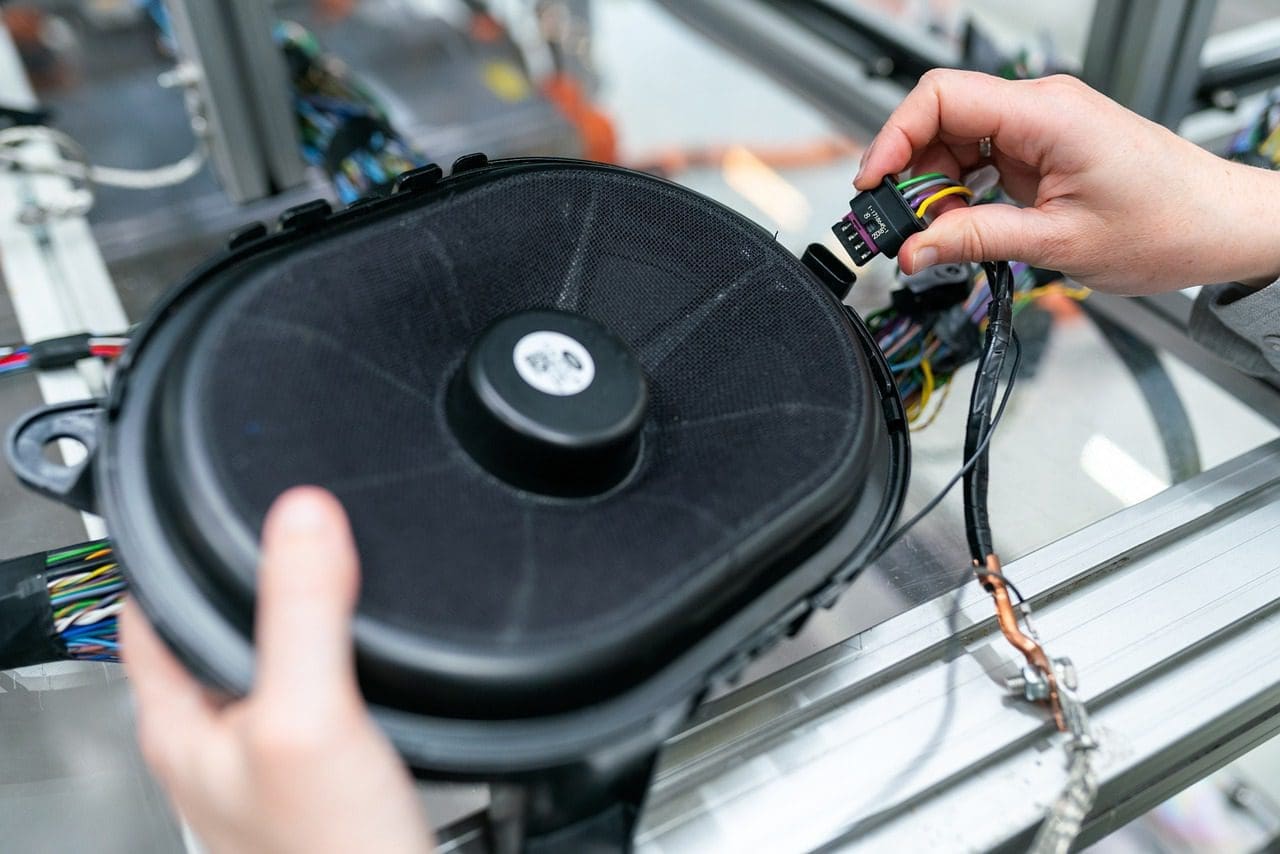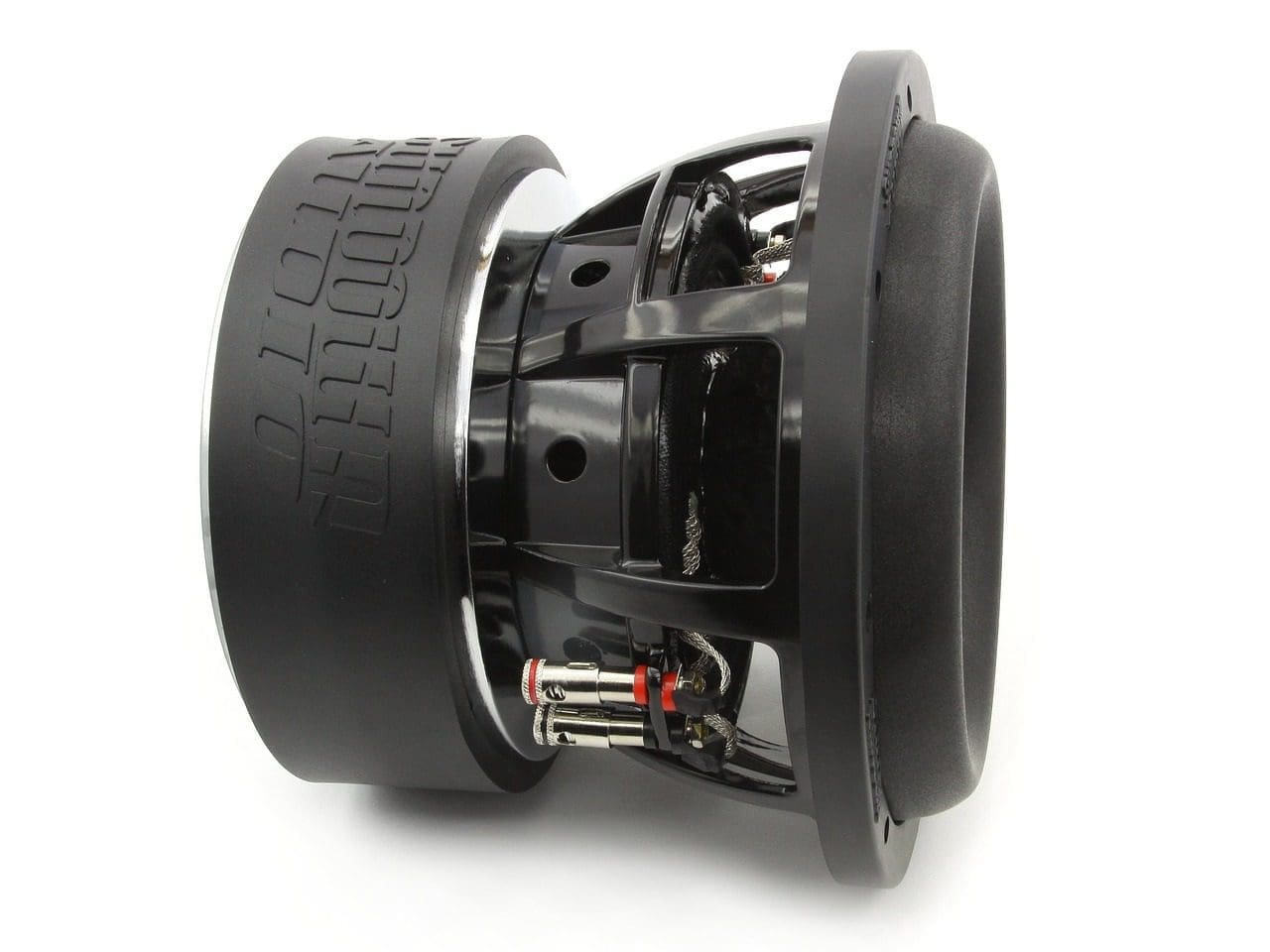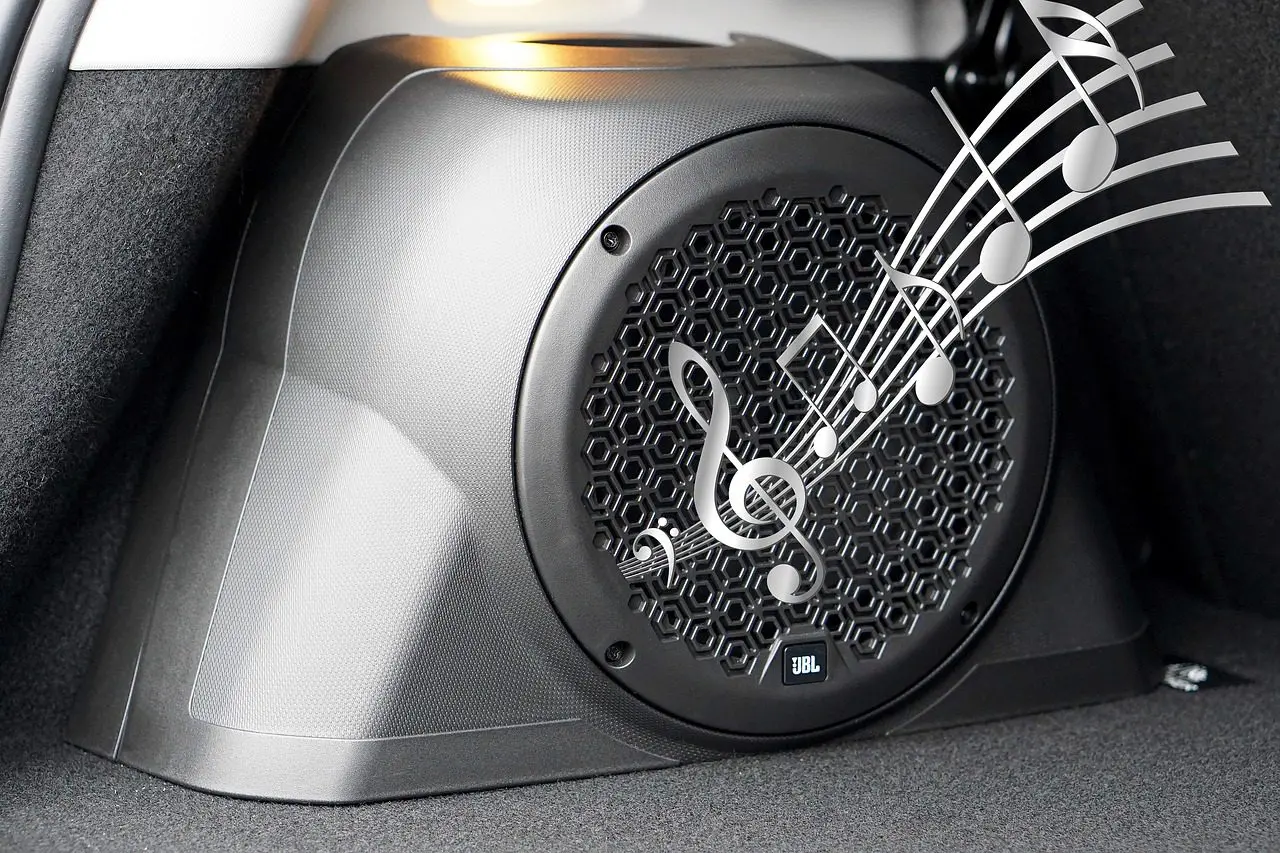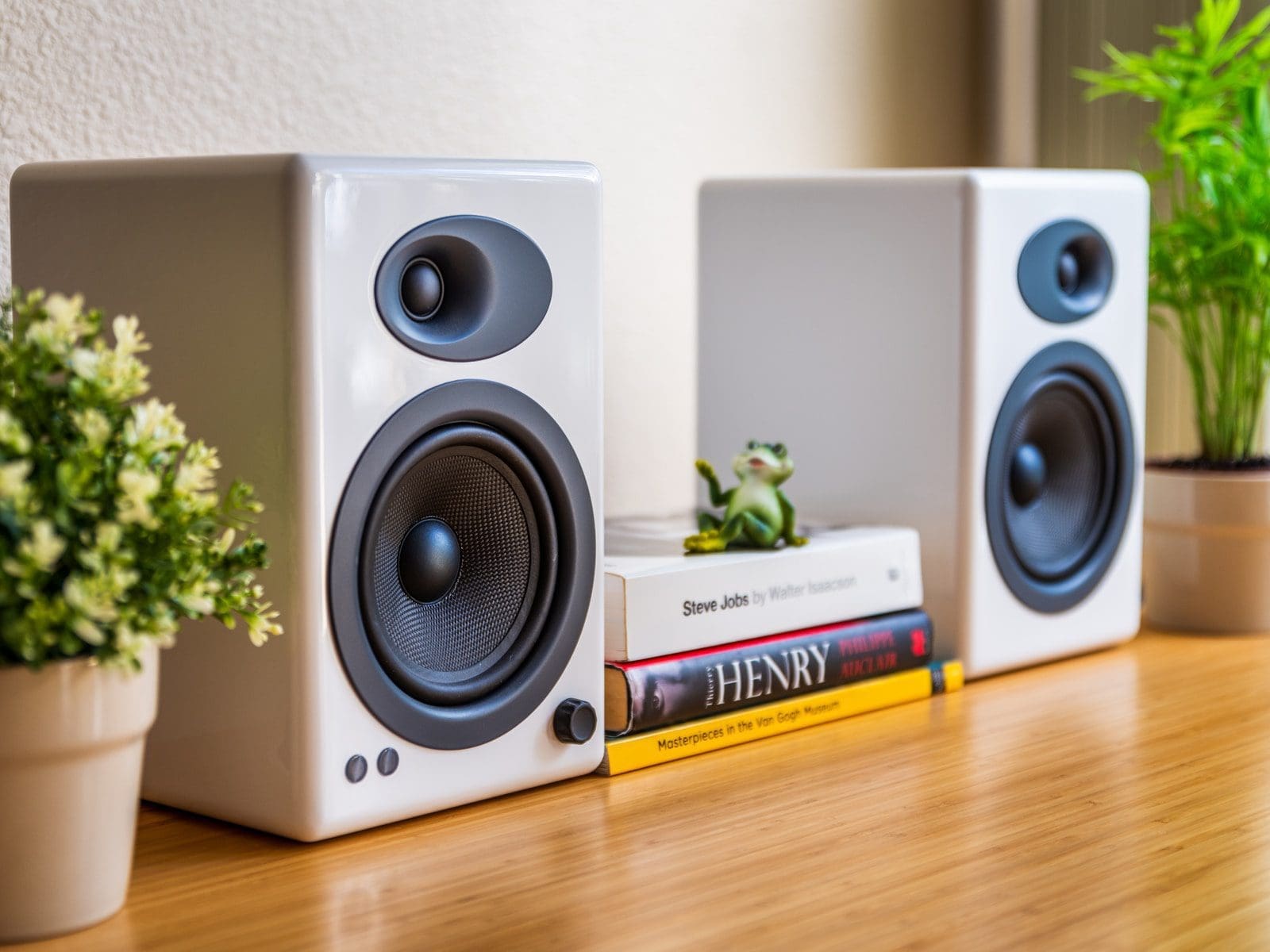
One vital thing to note is the speaker’s power when purchasing your car wire. Speaker wires connect speakers with amplifiers and radios. They effectively transfer electricity to the speakers. The quality of your car wire brand can significantly contribute to the speaker’s performance. A low-quality speaker can compromise the quality of your audio output.
Today, you can find various types of automotive wires in the market. It is crucial to understand the kind that is best for your application. Wiring repairs can be daunting, from tracing bad connections and broken wires. Using the wrong wire can also lead to damage and even fire outbreaks.
Choosing the correct car audio speaker wire gauge
One rule for automotive wires is never to use wiring intended for households in cars. It will be unable to withstand heat, vibration, and chemical exposure. Again, never use solid wire for vehicles. It is suitable for industrial and house use. Automotive wiring should be flexible. Here are a few pointers to help you choose the best car audio speaker cable.
Choosing the size
One of the most significant factors to consider when choosing wire is sizing. Although signal wires don’t need to be big, primary power wires like alternators and high draw wires require big wires to withstand the load. The amount of current a wire can carry is determined by the length and thickness of the car stereo speaker wire.
The voltage drop issue is expected in wiring and requires larger gauge wires. A chart can help you note the voltage drop. The standard automotive primary wire is 18 gauge. However, it is only for signal wire and not for hi-current applications.
Wire material
The composition of your car speaker audio cable is just as important as the gauge. Copper is the most suitable material for electrical applications. Some alternatives are available since copper is expensive, such as aluminum and copper-clad aluminum. The OFC (Oxygen Free Copper) and CCA (Copper Clad Aluminum) are the two types of wire.
Copper is a better conductor of electricity compared to aluminum. In addition, aluminum naturally corrodes and goes through electrolysis, making it harder to conduct electricity properly. If your wire is covered with a whitish powder, it is a byproduct of electrolysis. This process also occurs in copper, and the result is the green tinting of the wire.
The meaning of gauge in relation to wire (AWG)
Wires come in different sizes (known as gauges) and capabilities and should be used for different jobs. The smaller gauge has thicker wires and is used for subwoofers and amplifiers. On the other hand, wire with a high gauge is used for speakers, tweeters, and crossovers.
The American Wire Gauge Standard (AWG) is the most common wiring system. It is used worldwide to regulate the thickness and capabilities of a wire. When purchasing wire, it is vital to check if it comes with AWG measuring.
Conductivity
In choosing the best speaker for car audio, Oxygen-Free Copper (OFC) is the best option and a great conductor of electricity. With this, you can be assured of excellent audio sound in your car audio systems since OFC cables deliver strong power to amplifiers and speakers.
The OFC is the best car speaker wire and works well inside the engine bay, even when exposed to heat or moisture. There’s a small amount of tin in the composition of OFC cables. And this helps to reduce corrosion of the cable in the long run.
The Strand Count
Individual strands of wire are woven together to form a single conductor. The strand count refers to the number of individual strands interwoven together. The strand count should be considered when choosing your car stereo speaker wire. There are two significant benefits of using wire with individual strands over the solid wire
Durability
Wires with individual strands are more durable and long-lasting compared to solid wires. For instance, in the event of a wire cut, you may not experience a significant loss in power transmission due to numerous different strands. On the other hand, there will be a decrease in the power handling if one wire gets cut for solid cables.
Flexibility
Wires with individual strands are more flexible compared to solid wire. This can be helpful and make the installation process easier when you need to curve or bend the wires while installing it. Solid wires are much harder to install due to their rigidity.
The popular car audio speaker wire gauge is 18, 16, or 14 gauge.12 or 14 are better suited for long wire runs and high power applications. You should check the speaker wire chart to get a precise estimate for your speaker wire chart.
How the wrong gauge speaker wire can impact the subwoofer
It is vital to use the correct gauge wire for your subwoofer. Using the wrong wire can limit the subwoofer’s performance and lead to a lengthy troubleshooting process. The standard speaker wire gauges for subwoofers are 16, 14, and 12.
They are excellent and supply crisp and clear sound. When choosing a gauge, it is recommended to round up than round down in size. Using a slightly bigger wire than what you require will have no impact on the performance of your subwoofer.
Frequently Asked Question
Does speaker wire affect the sound quality?
The sound quality will not be affected for low-wattage systems. However, it’s crucial to consider the resistance that the speaker will offer to the current flowing through the wire and also the distance it travels.
Is lower gauge speaker wire better?
No, lower gauge speaker wire isn’t better. Instead, use thicker wires over long distances, although a car’s audio system covers a short distance.
Is it possible to run a speaker wire next to a car’s power wire?
The belief that you can’t run a speaker wire next to a car power wire is untrue. It is possible to do this while ensuring you ground all wires at one specific point to prevent noise disturbance.
If you are looking for a durable car speaker wire gauge, spiritcar manufactures superior quality wire wholesale for your car audio system. Please, contact us now for more information.


Be the first to comment